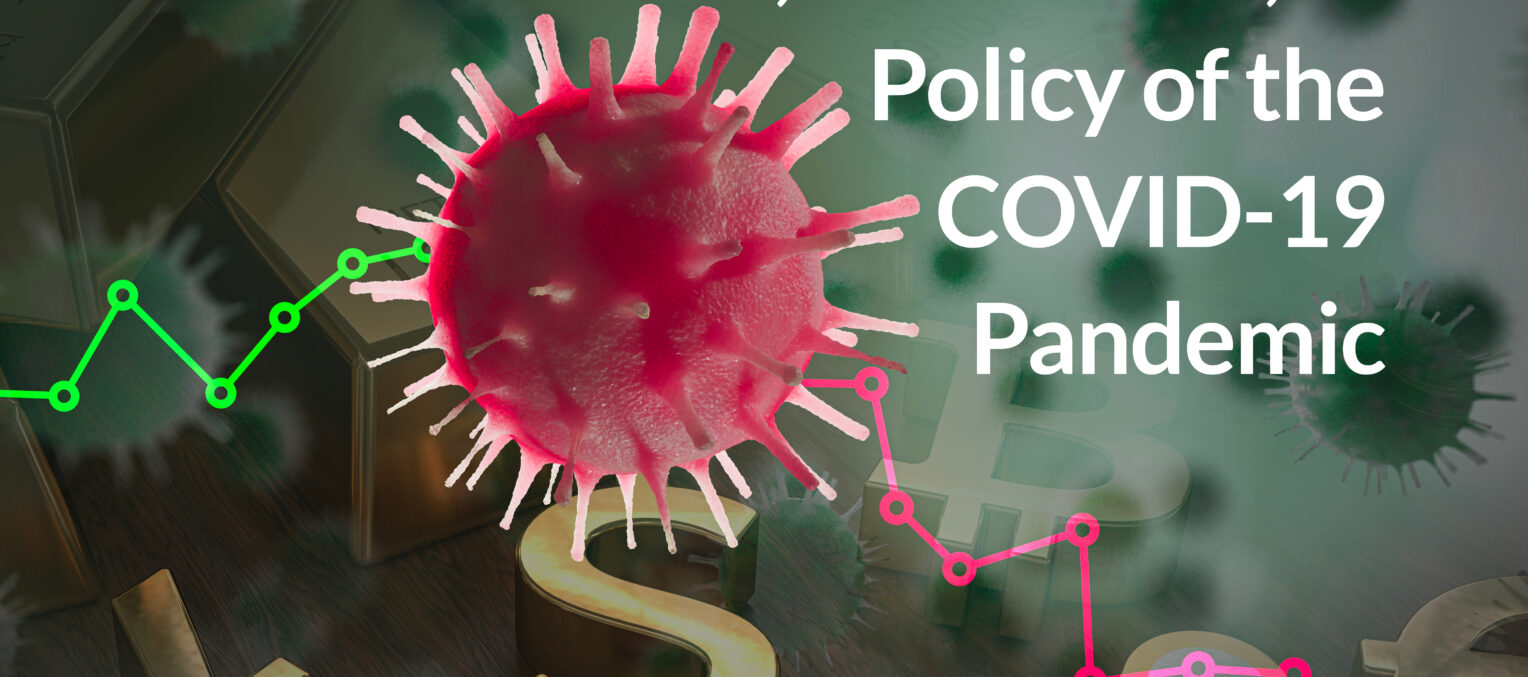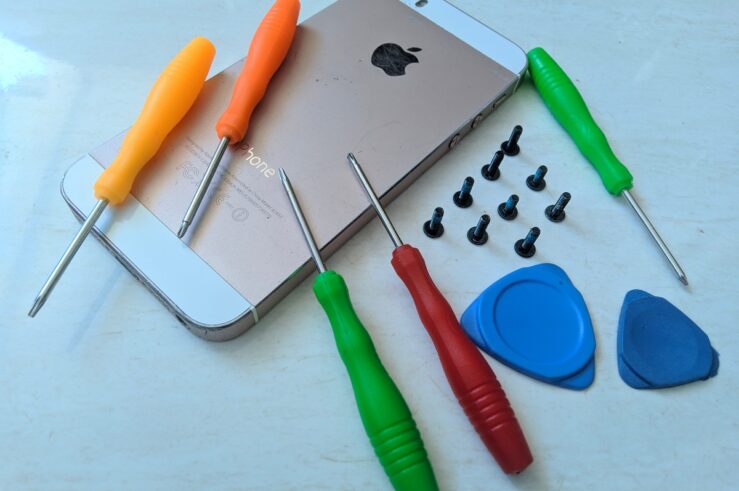
This article is a part of the The Law, Economics, and Policy of the COVID-19 Pandemic symposium.

Observers on TOTM and elsewhere have pointed out the importance of preserving patent rights as pharmaceutical and biotechnology companies pursue development of treatments for, and better vaccines against, Covid-19. As the benefits of these treatments could reach into the trillions of dollars (see here for a casual estimate and here for a more serious one), it is hard to imagine a level of reward for successful innovations that is too high.
On the other hand, as these and other commentaries suggest if only implicitly, the high social value of a coronavirus treatment or vaccine may well lead to calls to limit the ability to profit from a patent. It is easy to imagine that a developer of a vaccine will not be able to charge the patent-protected price (note avoidance of the term “monopoly”). It almost certainly will not be able to do so if it cannot use price discrimination in order to allow those lacking the means to pay a uniform higher price to get the vaccine.
However, there is an alternative to patents that have not received much attention in the policy discussion—having the government (Treasury, NIH, CDC) offer a prize in exchange for open access to a successful vaccine or treatment. Prizes are not new; they go back at least to the early 18th century, when Britain offered a prize for improvements in clock accuracy to facilitate ocean-going navigation. Many prizes have been offered by the private sector, both for their own use—Netflix offering a prize for improvements to its movie recommendation algorithm—and to altruistically promote innovation. Charles Lindbergh’s 1927 first solo transatlantic flight, and previous attempts by others, were motivated at least in part by a $25,000 prize offered by a New York hotel owner.
In light of the net benefits of an improved vaccine, indicated perhaps by the level of spending in enacted and proposed stimulus and rescue programs, a prize of, oh, $25 billion is practically chump change. But would a prize make sense here?
I and two former colleagues at Resources for the Future, Molly Macauley and Kate Whitefoot, analyzed the use of prizes in comparison to patents and other methods to solicit and procure innovation. This work was inspired by Molly’s interest in NASA’s use of prizes to induce innovations in space exploration equipment. On the theory side, we were interested because models of patents typically treat patents as prizes—the successful innovator gets $X in expected profit—and thus were unable to explain why one might want to choose prizes rather than patents and vice versa.
When is a prize a “prize”?
The answer to this question requires being clear on what I mean by a prize. A familiar type of prize is the “best” of something, from first prize in the middle school science fair to the Academy Award for Best Picture. This is not the kind of prize I’m talking about with regard to coming up with a treatment for or vaccine against Covid-19. (George Mason’s Mercatus Center is offering prizes of this sort for things like $50,000 for “best coronavirus policy writing” to $500,000 for “best effort to find a treatment rapidly”; h/t to Geoff Manne.) Rather, it is a prize for being first to achieve a specific outcome, for example, a solo flight across the Atlantic Ocean.
A necessary component of such prizes is a winning condition, specified in advance. For example, the $10 million Ansari X Prize to promote commercial space travel was not awarded just for some general demonstration of feasibility that pleased a set of judges. Rather, it specifically went to the first team that could “carry three people 100 kilometers above the earth’s surface twice within two weeks.” Contestants knew what they had to do, and there was no dispute when the winner met the criterion for getting the prize.
Prizes or patents?
The need for a winning condition highlights one of the two main criteria affecting the choice of patents or prizes: advance knowledge of the specific goal. Economy-wide, the advantage of patents over prizes is that entrepreneurial innovators are rewarded for coming up with sufficiently novel products or processes of value. Knowledge regarding what is worth innovative effort is decentralized and often tacit. On the other hand, if a funder, including the government, knows what it wants sufficiently well that it can specify a winning condition, a prize can be sensible as a way to focus innovative effort toward that desired objective.
The second criterion for choosing between patents and prizes is more subtle. Someone undertaking research effort to come up with a patent bears two risks. The first is the risk that the effort will not be successful, not just overall but in being the first to be able to file for a patent. That risk is essentially shared by those pursuing a prize, where being first involves not filing for a patent but meeting the winning condition. However, patent seekers bear another risk, which is how much the patent will be worth if they win it. Prize seekers do not bear that risk, as the prize is specified in advance. (Economic models of patent activity tend to ignore this variation.) Thus, a prize may induce more risk-averse innovators to compete for the prize.
Assuming a winning condition for a Covid-19 treatment or vaccine can be specified in advance—I leave that to the medical people—our present public health dilemma could be well suited for a prize. As observed earlier, with both net benefits and already made public spending responses in the trillions of dollars, such a prize could and should be quite large. That may be a difficult to sell politically but, as also observed earlier, the government may not be able to commit credibly to allow a patent winner to exploit the treatment or vaccine’s economic value.
Design issues, TBD
If prizes become an appealing way to encourage Covid-19 mitigation innovations, a few design issues remain on the table.
One is whether to have intermediate prizes, with their own winning conditions, to narrow down the field of contestants to those with more promising approaches. One would need some sort of winning condition for this, of course. A second is whether the innovation will be achieved more quickly by allowing contestants to combine efforts. The virtues of competition may be outweighed by being able to hedge bets rather than risk being stuck going down a blind alley.
A third is whether to go with winner-take-all or have second or third prizes. One advantage of multiple prizes is that it can mitigate some risk to innovators, at a potential cost of reducing the effort to win. However, one could imagine here that someone other than the winner might come up with a treatment or vaccine that does better than the winner but was found after the winner met the condition. This leads to a fourth policy choice—should contestants, the winner or others, retain patents, even if the winning treatment of vaccine is freely licensed, to be made available at marginal cost.
All of these choices, along with the choice of whether to offer a prize and what that prize should be, are matters of medical and pharmaceutical judgment. But economics does highlight the potential advantages of a prize and suggest that it may deserve some attention as other policy judgments are being made.




